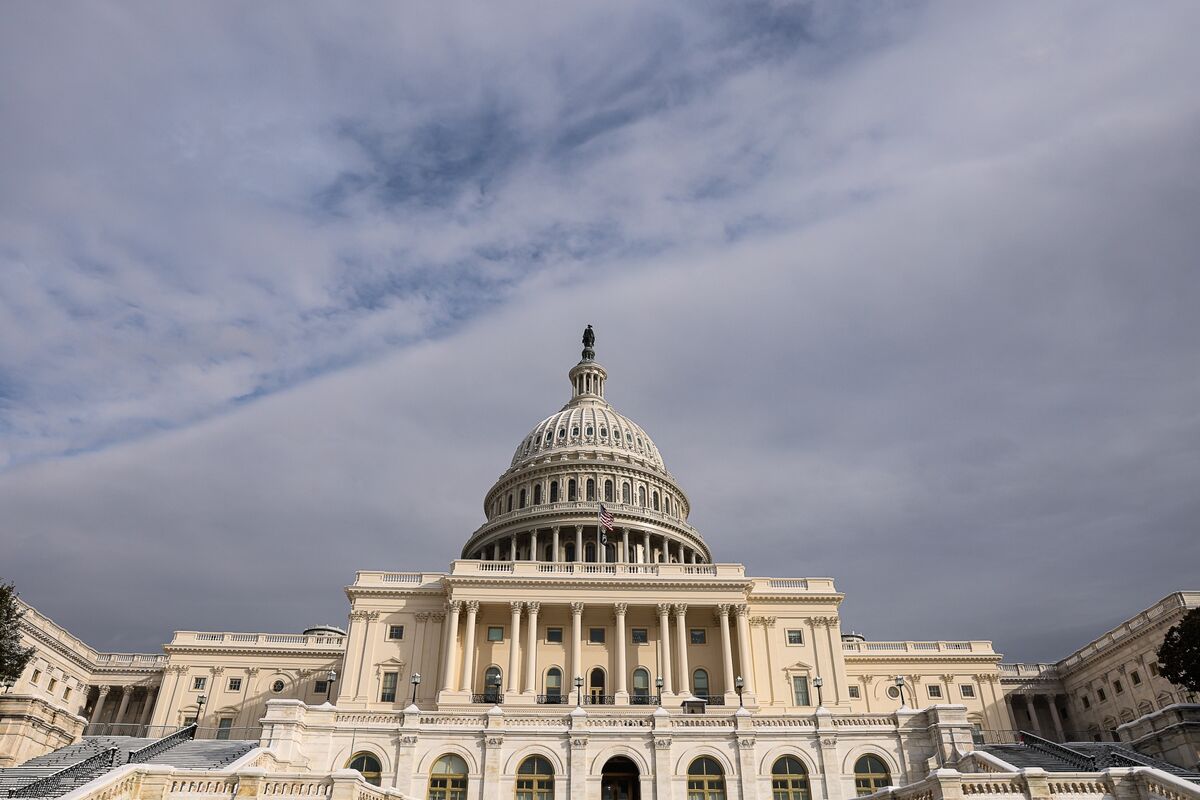US Lawmakers Seek Pay Increase After 15-Year Freeze Ahead of Crucial Elections
Bipartisan Effort: US Lawmakers Push for Salary Adjustment Amid Political Sensitivities
In a rare bipartisan effort US lawmakers are pushing for a pay increase after enduring a 15-year freeze on their salaries, according to the published article of Bloomberg. The proposal however faces significant political challenges as it comes just months before the crucial November elections. Representatives from across the political spectrum including Republican Marjorie Taylor Greene and progressive Democrat Alexandria Ocasio-Cortez are advocating for the adjustment arguing that the stagnant wages have not kept up with inflation and the rising cost of living. The debate over congressional pay raises is fraught with sensitivity especially as many lawmakers in vulnerable districts fear backlash from constituents already burdened by economic challenges.
Supporters of the pay hike contend that it is necessary to attract a diverse range of candidates who may otherwise be deterred by the financial sacrifices associated with public service. Critics on the other hand argue that it sends the wrong message at a time when many Americans are struggling financially due to the ongoing impacts of the pandemic and economic uncertainties. If approved the salary increase would mark the first for lawmakers since 2009 when a law was enacted to freeze congressional pay as part of efforts to address fiscal concerns. The proposal faces a complex legislative path requiring approval from both chambers of Congress amidst intense scrutiny from the public and media. Lawmakers grappling with the decision must weigh the potential political fallout against the need to ensure fair compensation for their roles in shaping national policy and governance.
READ ALSO: Rise and Fall: The Uncertain Future of Social Security Benefits

Debate Over Congressional Pay Raises Intensifies as US Lawmakers Navigate Election Year Challenges
Furthermore, the discussion around congressional pay raises underscores broader issues of public perception and accountability in government. Advocates argue that stagnant wages deter talented individuals from diverse backgrounds from seeking elected office potentially limiting representation. They stress that adequate compensation is crucial to attract qualified candidates who can effectively navigate complex legislative challenges. Opponents however highlight the optics of lawmakers increasing their own salaries amid economic disparities and financial hardships faced by many Americans. The timing of the proposal just ahead of a contentious election cycle adds another layer of complexity. Lawmakers in swing districts must carefully balance their constituents’ concerns with their own needs for fair compensation.
READ ALSO: Government Assistance: A Lifeline for Those in Need